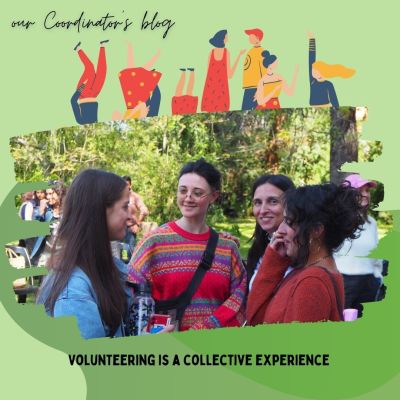Armin Díaz, a Bolivian by birth, represented the spirit of the members of the poor neighbourhoods. After all, Armin lived in Villa Soldati and was living proof that the prejudice towards those living in the villas was so misplaced and unjust. Armin was bright, intelligent, caring, resourceful and hardworking. Armin was a positive energy for change and brought this to bare in all of the subsequent projects that Voluntario Global have created and nurtured. In the years that I have been supporting Voluntario Global, young volunteers from all corners of the globe have come to Buenos Aires to contribute to the life-changing projects that have developed as part of Valeria and Armin's vision. Portsmouth Grammar School has benefitted enormously from Voluntario Global's enthusiasm, generosity and care and all staff and students who have been part of the "Argentina volunteering experience" have had their lives touched and changed for the better through Armin's contributions to the success of our visits.
One of the largest obstacles to giving the youth of the poor barrios like Villa Soldati a foothold in mainstream Argentine society is the opportunity for them to continue with education whilst being able to support their families financially. The vast majority of young people in the poor districts such as Villa Soldati give up on their education as the financial imperative to work takes over. For almost all, work does not take the form of what we would call "professional occupations". Whatever employment is available is taken, no time for CVs, interviews and new suits. What Armin achieved, and will surely be his legacy, was the creation of a Youth Co-operative Laundry, Su Lavandería, in which young people from his poor neighbourhood could learn skills, be productive, earn a wage, support their families and, above all, continue with their education. Armin was already well on his way to gaining a degree from Buenos Aires University having worked tirelessly to get the business venture off the ground. The huge number of positive testimonies from hotel and hostel owners in Buenos Aires shows clearly how successful this enterprise has become in such a short space of time. The Laundry Project was conceived to allow for a new and hopeful transition into adulthood where young people can remain in education and advance to universities with their laundry wages financing their studies; Armin was the energy and drive that ensured that the dream became a reality. And this continue to be so. That is how we remember him today.





